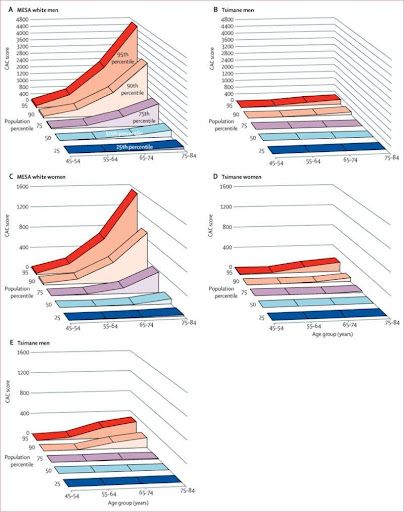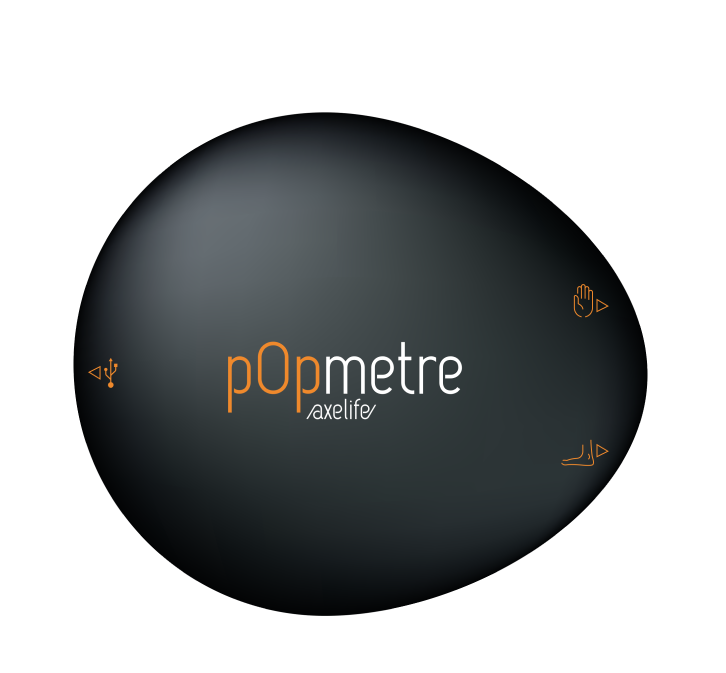The arteries are key to good cardiovascular health.
A study presented at the 2023 Annual Congress of the American Heart Association revealed that the arteries of an indigenous community in the Bolivian Amazon, considered "the healthiest in the world," are exceptionally elastic and age more slowly than those of other populations.
Exploring the Tsimané Arteries
Deep in the Bolivian Amazon lives an indigenous community that holds the keys to remarkable heart health.
Over the last decade, numerous studies have documented a lower prevalence of high blood pressure, atrial fibrillation, type 2 diabetes, obesity, smoking, sedentary lifestyles, and more recently, minimal cognitive dysfunction and dementia in this community.
A recent study presented at the 2023 Annual Congress of the American Heart Association has shed light on the arteries of the Tsimané, often considered among the healthiest in the world. Unlike trends observed in modern Western societies, the Tsimané's arteries age more slowly and maintain exceptional elasticity well beyond expectations. This article explores how the ancestral lifestyles and dietary habits of this community contribute to their incredible cardiovascular health and what we can learn from them to improve our own health.
The difference in the calcium score between the population of the MESA study and the Tsimané community is unequivocal...
Source: https://www.ncbi.nlm.nih.gov/pmc/articles/PMC6028773/

Lifestyle and Arterial and Cardiovascular Health
The INTERHEART study, a large international epidemiological study designed to examine the risk factors associated with cardiovascular diseases (CVD) worldwide, revealed that nine modifiable risk factors account for the majority of the risk of acute coronary diseases across all regions of the world, regardless of gender, age, or geographic location.
These factors include:
- Smoking,
- Dyslipidemia (abnormal cholesterol levels),
- Hypertension (high blood pressure),
- Diabetes,
- Abdominal obesity,
- Psychosocial stress,
- Insufficient intake of fruits and vegetables,
- Regular alcohol consumption, and
- Lack of physical activity.
Together, these factors account for about 90% of the total risk of heart attack and stroke (cerebrovascular accident) in the studied population.
The Tsimané, or Chimane as they are also known, live off agriculture, fishing, hunting, and gathering seasonal fruits and nuts. Their diet is primarily composed of natural sources, with little fat and processed carbohydrates, starkly contrasting with the diets rich in processed foods and sugar typical of modern societies.
The study highlighted how this diet, combined with a high daily physical activity level, contributes to the exceptional arterial health of the Tsimané.
The Pulse Wave Velocity as an Essential and Independent Biomarker
The role of pulse wave velocity (PWV) in assessing cardiovascular health is increasingly recognized. PWV measures how fast pressure waves move through the arteries, a valuable indicator of arterial stiffness and a significant predictor of cardiovascular disease risks.
In the Tsimané population, PWV measurements suggest much lower arterial stiffness, indicating a healthier and younger cardiovascular system, which is confirmed when calculating a calcium score.
Studies have shown that PWV is significantly associated with the calcium score, and this biomarker could help identify high-risk individuals who would benefit most from calcium score evaluation and avoid the costs and unnecessary radiation associated with scans in low-risk coronary disease patients.
Axelife has created the pOpmètre®, a class IIa medical device that measures PWV in a simple and non-invasive way to enable accurate assessment of arterial health, offering a unique window into individual cardiovascular risks.
By using technologies like the pOpmètre® to assess PWV, we can identify the most at-risk patients and detect early signs of arteriosclerosis, and take proactive steps to improve patients' cardiovascular health.
The study of the Tsimané underscores the importance of regular physical activity and a natural, balanced diet in maintaining optimal arterial health. The lessons learned from their lifestyle can inspire changes in our own lives to reduce the risk of cardiovascular diseases. This includes adopting a diet rich in fruits, vegetables, and whole grains, as well as integrating physical activity into our daily routine.
The arterial age derived from the PWV measurement by the pOpmètre® is a simple tool for the caregiver to communicate with the patient about
In conclusion, the study of the Tsimané offers valuable insights into how healthy lifestyles can positively influence cardiovascular health. Technological advancements, such as Axelife's pOpmètre®, play a crucial role in allowing us to monitor and improve our vital arterial health in cardiocerebrovascular diseases.
By combining the lessons learned from the Tsimané community with modern health innovations, we can take meaningful steps towards better cardiovascular health for everyone.
We are as old as our arteries, and now we can measure it!
